Branching out from learning Twine to narrate can bring a whole new experience to learners, enabling them to actively learn from interacting with the story. Such an experience engages every learner. However, the logical thinking and storytelling skills of the narrator are tested in the process of creating a Twine.
In the next video game study, I learned about the balance between passive and active learning. This allowed me to bring it into Interactive and Multimedia Learning.We spent the entire class learning how to engage interactive learning in our daily learning and lives. However, when making interactive learning videos, I found that I needed to use more animation and more interesting content in my interactive videos to engage my audience. This also allowed me to do active learning in this.
However, in generative AI I learned how to use ‘Sections’ as well as explored the convenience and badness that AI brings. From commenting to other students I discovered that AI is not always right, and that it generates a large percentage of errors.
From REFLECTIONS and comments to other students, I have come to realize through text, video, and interactive animation that learning can be diverse, and that such a diverse learning process can increase learner initiative. This distinguishes interactive learning from traditional learning.
Comment:

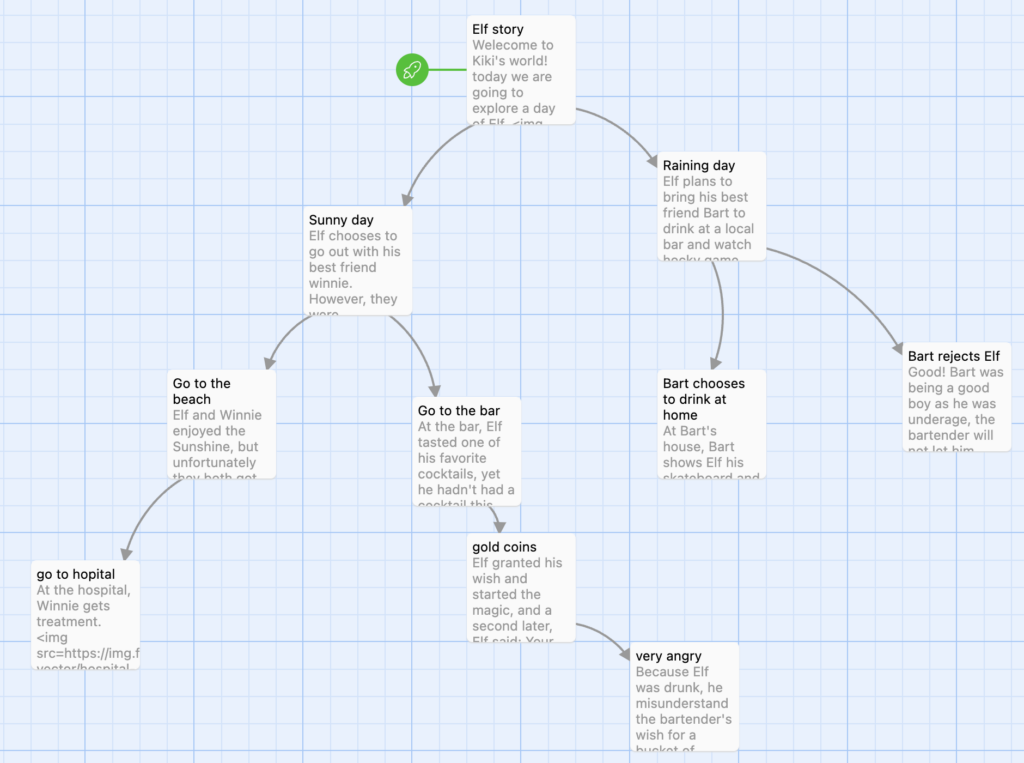
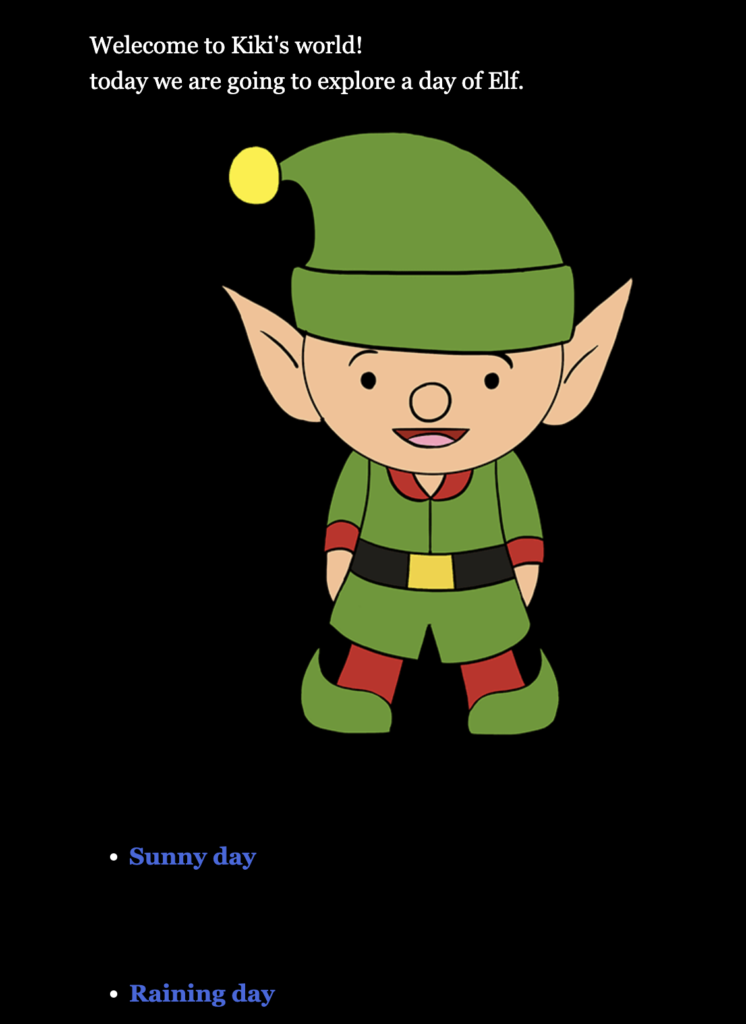
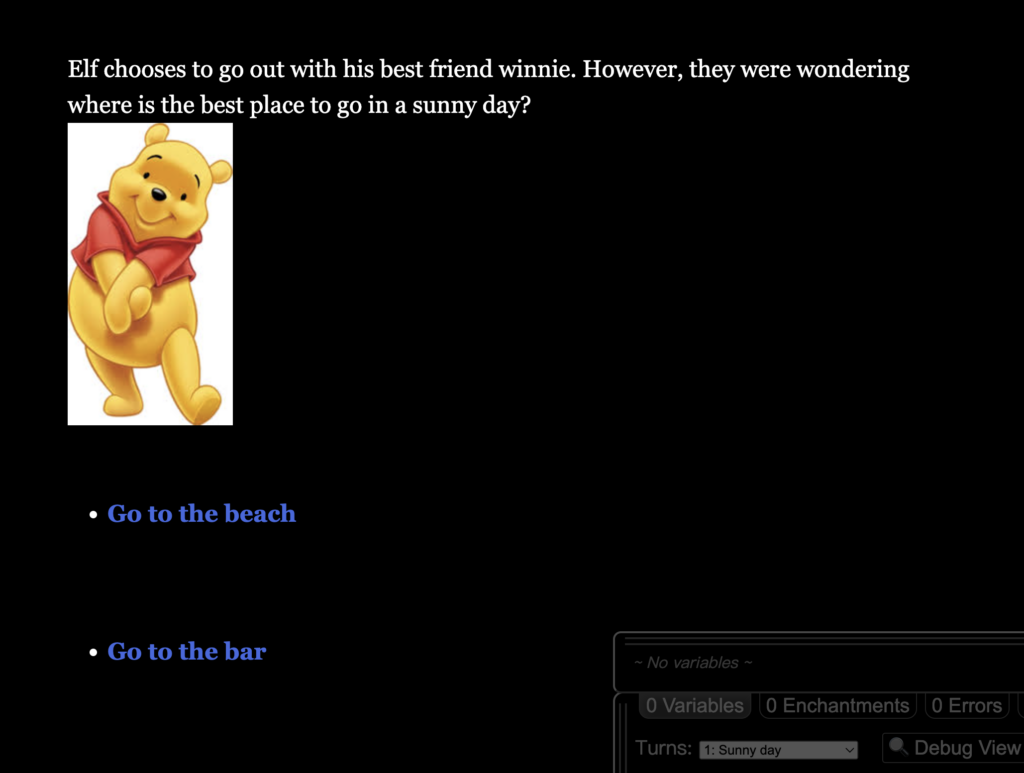

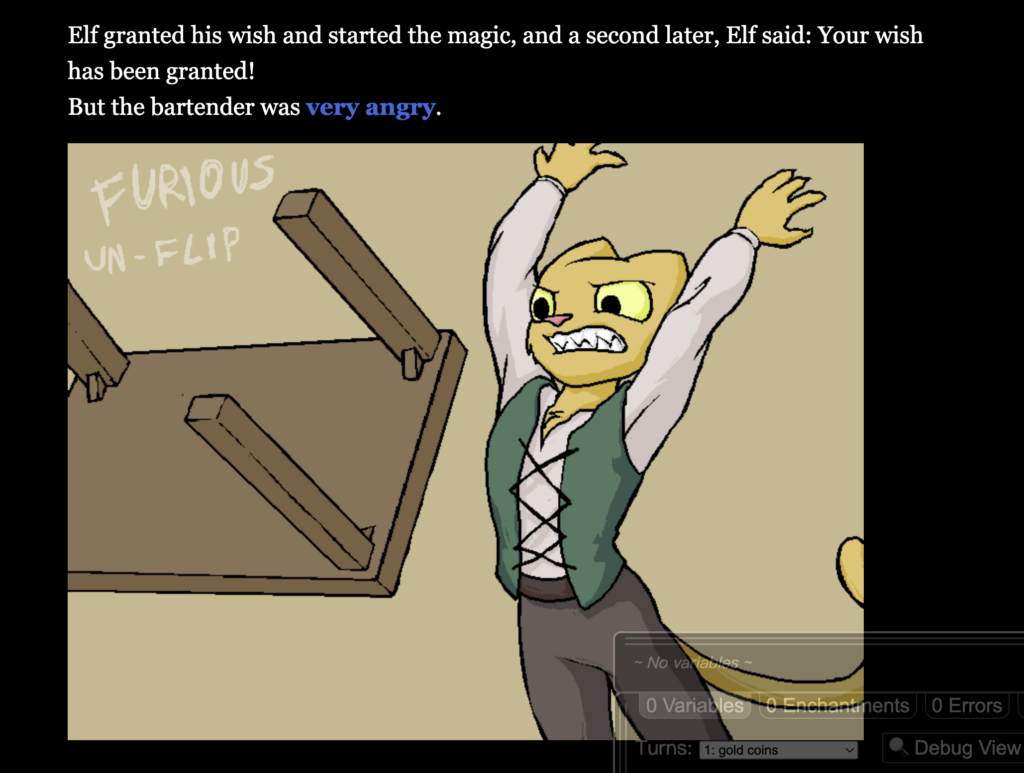

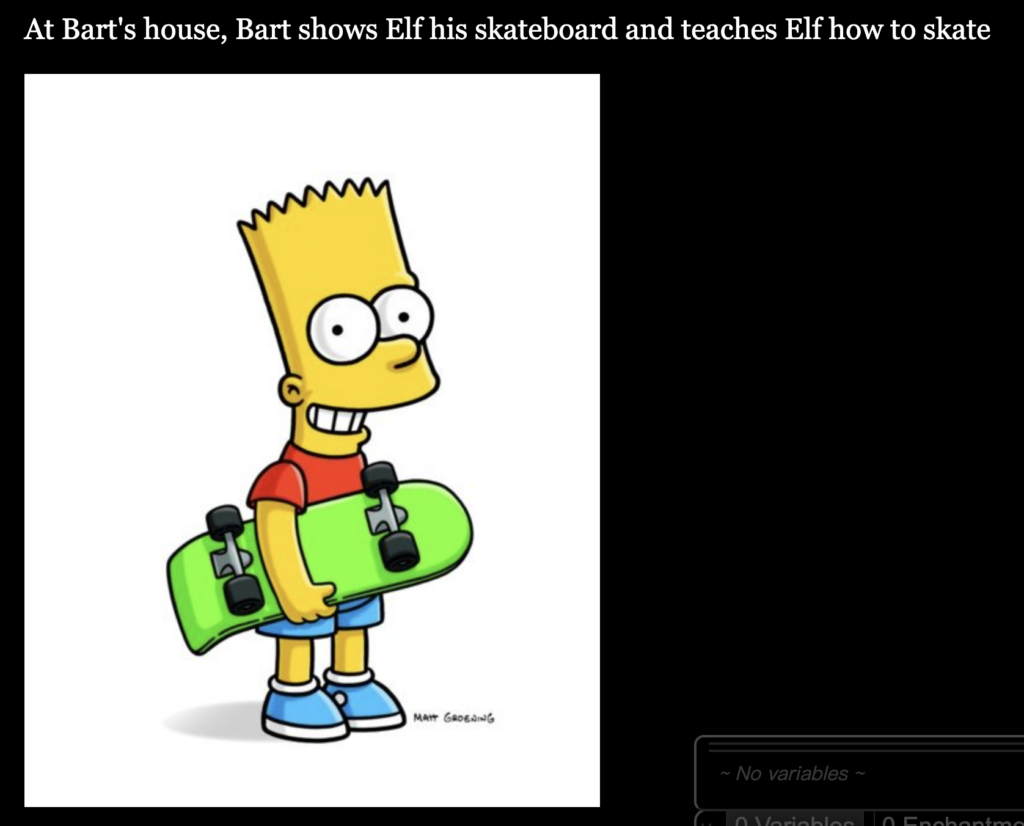


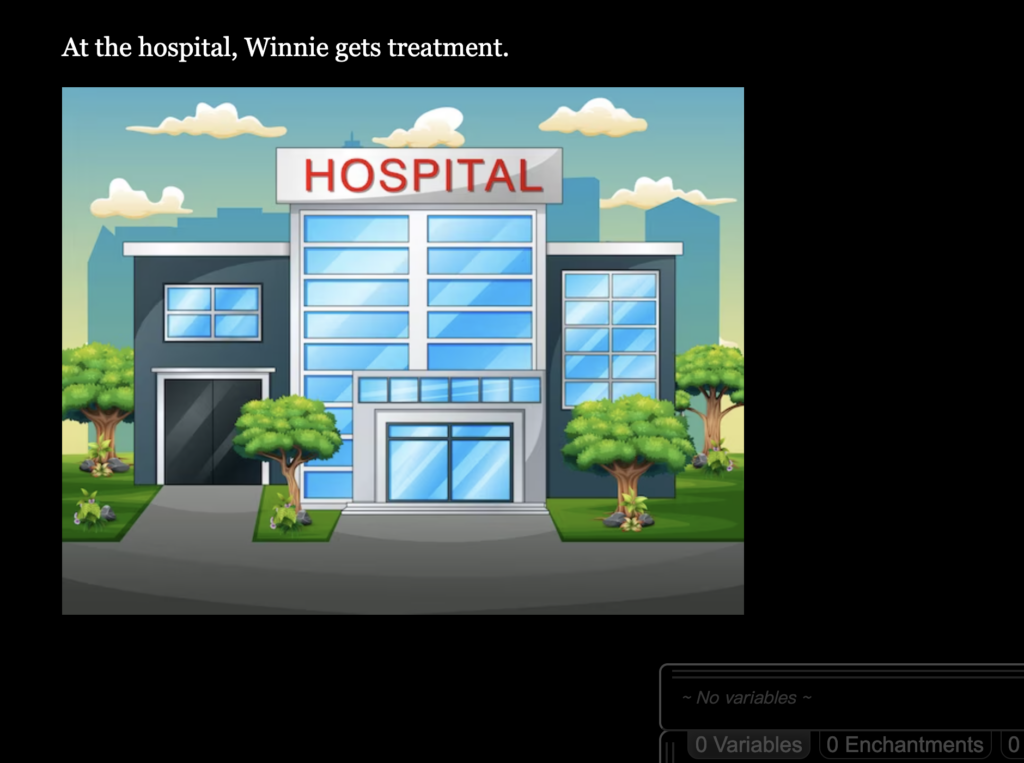
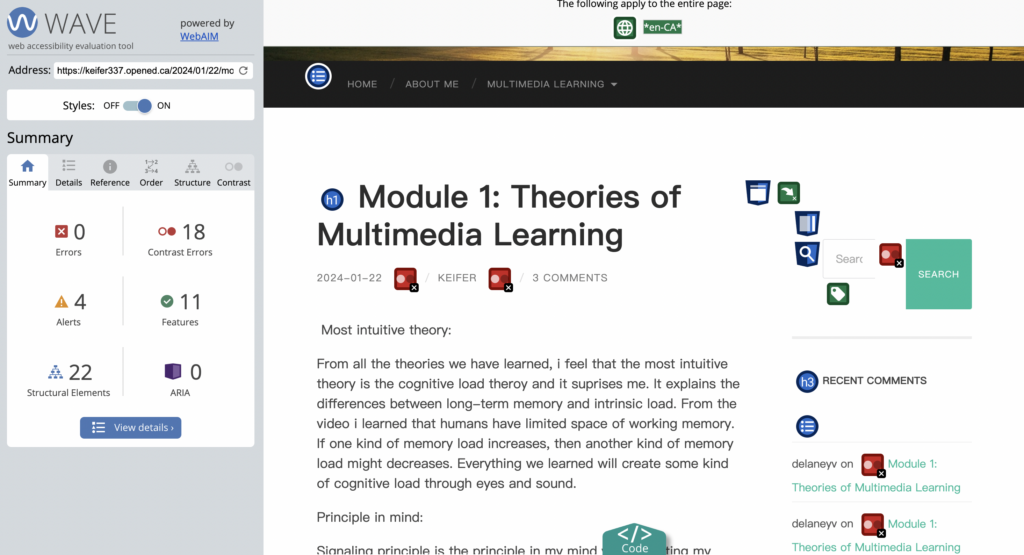
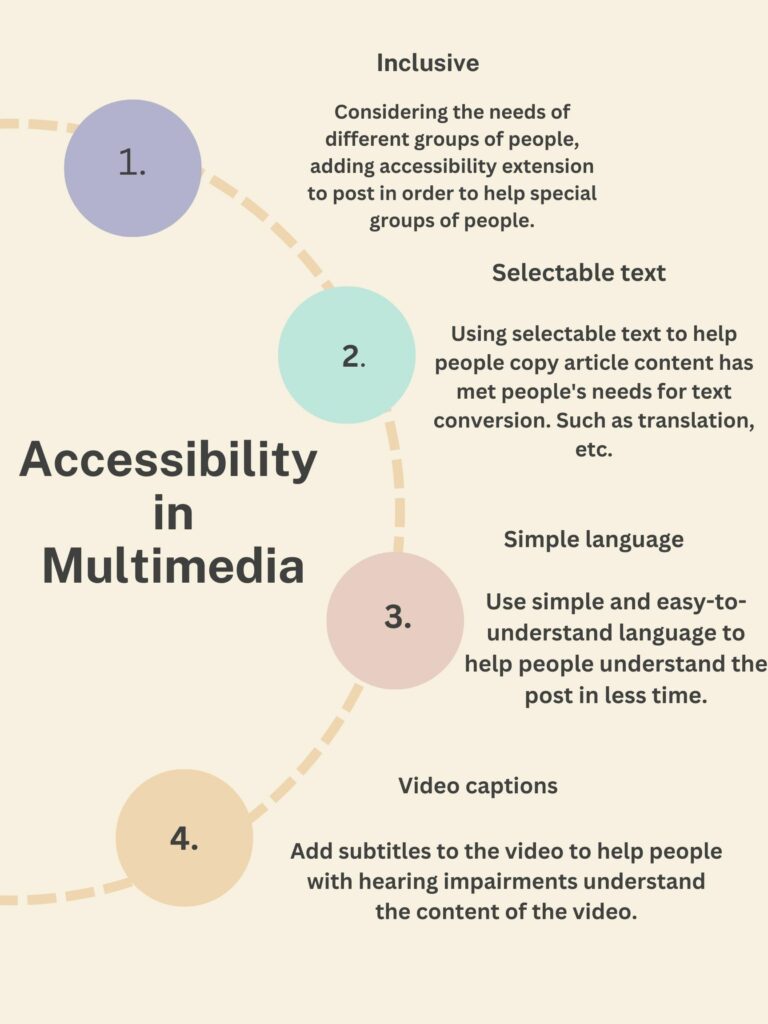
Recent Comments